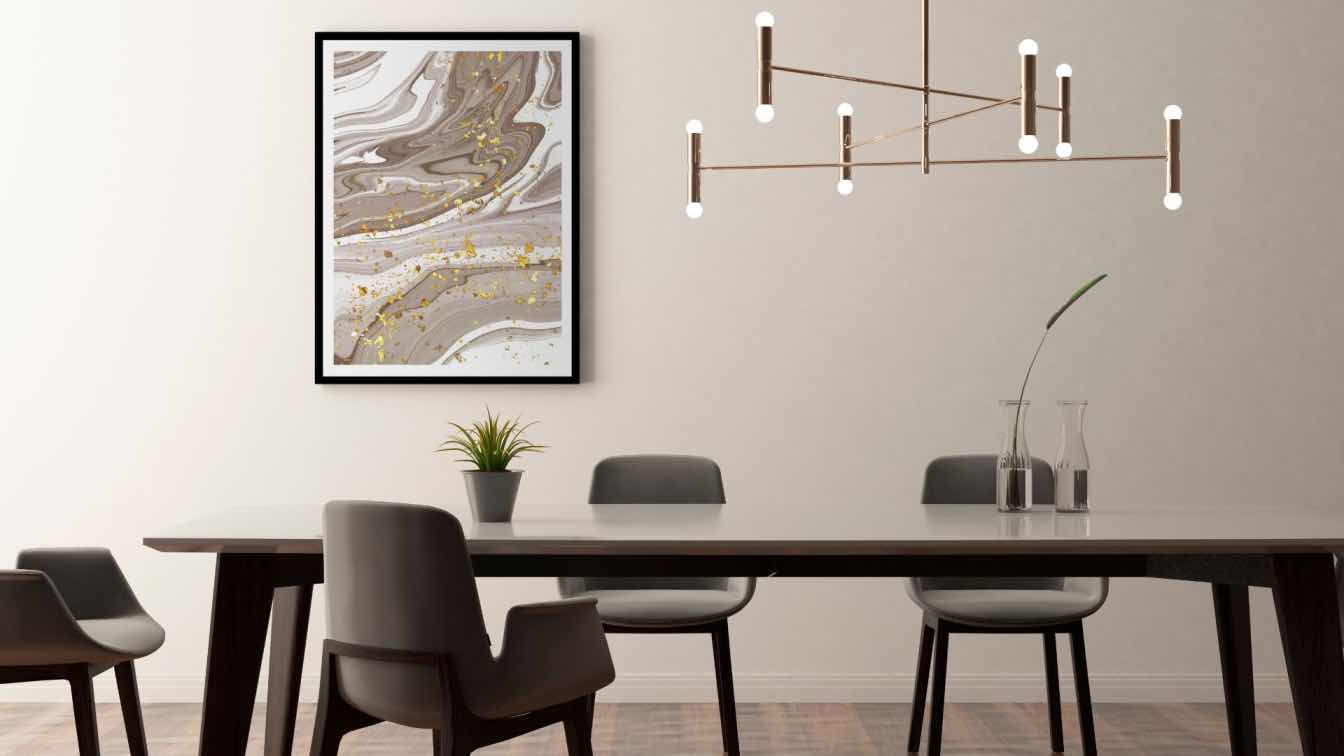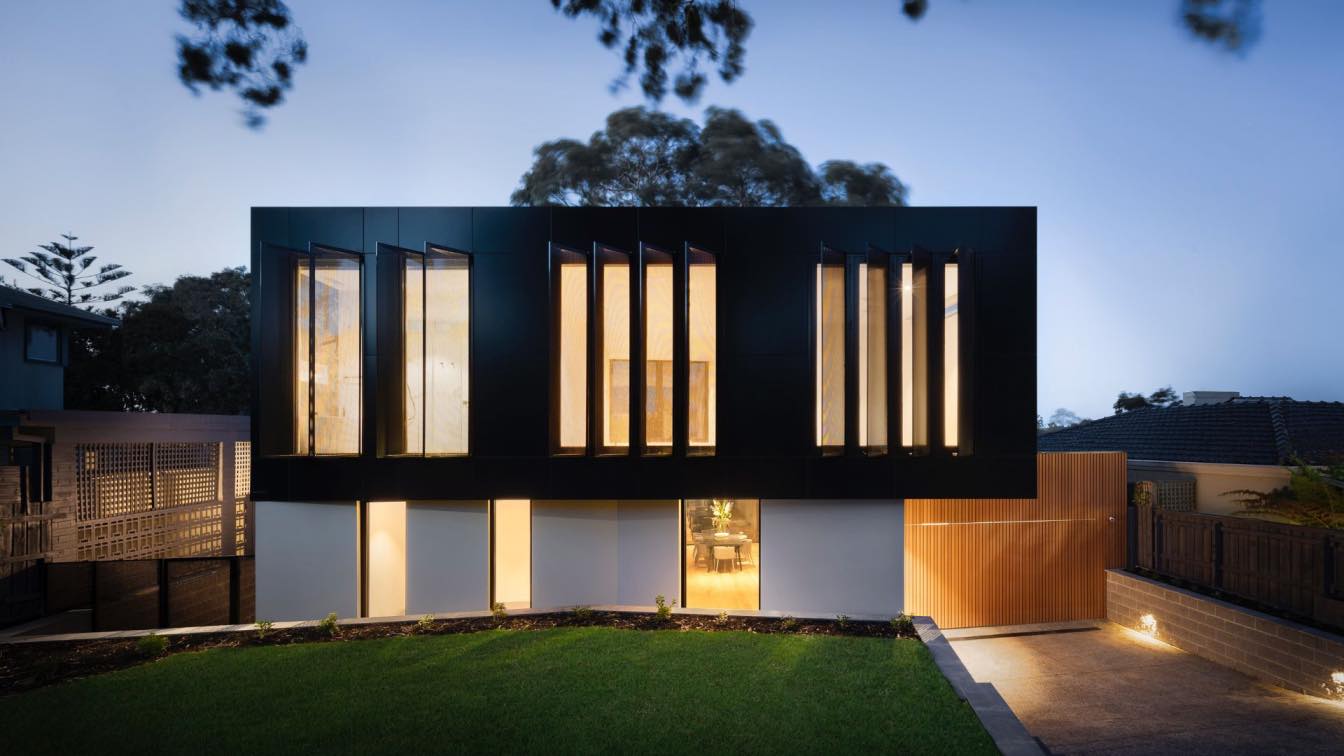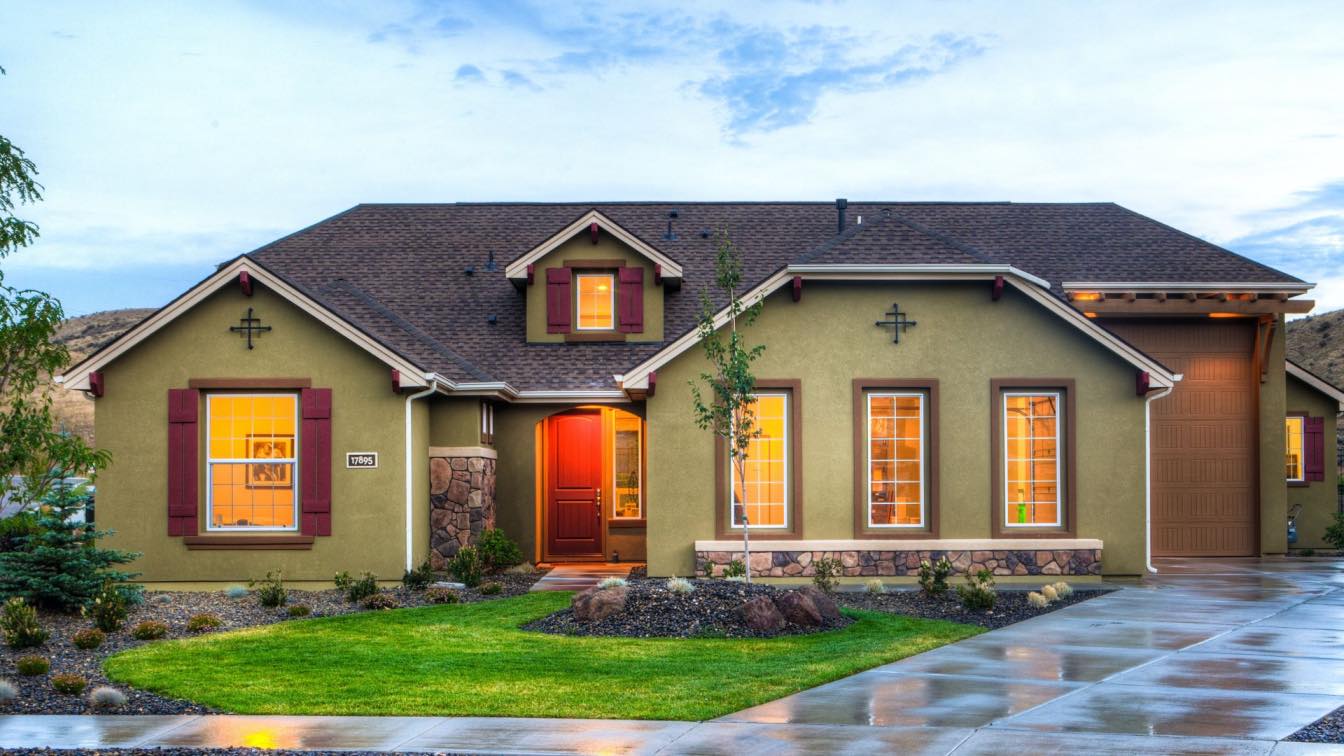The dining table is more than just a piece of furniture. It is a symbol of family unity, a place where memories are made, and a central element in the design of a home. From grand feasts during holidays to everyday meals, the dining table plays a crucial role in the rhythm of family life. This article explores the significance, history, and varieties of dining tables, and offers tips on choosing the perfect one for your home.
Historical Significance
The dining table has evolved significantly over the centuries. In ancient times, meals were often taken on low tables or even on the ground, with diners reclining rather than sitting. The Romans popularized the idea of dining tables as we know them, with their lavish banquets and formal dining practices.
During the Middle Ages, large wooden tables became a staple in castles and manor houses. These tables were often simple and functional, designed to accommodate many people. The Renaissance brought more elaborate designs, with ornate carvings and inlaid wood becoming popular.
In modern times, the dining table has become a reflection of both personal taste and social trends. The mid-20th century saw a shift towards more minimalist and functional designs, while the 21st century has embraced a blend of traditional and contemporary styles.
Varieties of Dining Tables
Dining tables come in a wide range of styles, materials, and shapes, each suited to different needs and tastes.
1. Rectangular Tables: These are the most common type and are ideal for larger dining rooms. They offer ample seating and can often be extended with additional leaves.
2. Round Tables: Perfect for smaller spaces, round tables encourage conversation and create a cozy atmosphere. They are also safer for homes with young children, as they lack sharp corners.
3. Square Tables: A modern choice that works well in both small and large spaces. Square tables provide an intimate dining experience and can often double as workspaces.
4. Oval Tables: These combine the benefits of rectangular and round tables, offering a unique shape that can fit into various room sizes and styles.
5. Extendable Tables: Ideal for those who entertain frequently, these tables can be adjusted in size to accommodate more guests.
Materials: Dining tables can be made from a variety of materials, including wood, glass, metal, and composite materials. Wood is the most traditional and offers warmth and durability. Glass tables provide a sleek, modern look but require more maintenance. Metal tables are durable and can add an industrial touch to the decor, while composite materials offer versatility and affordability.
Choosing the Perfect Dining Table
When selecting a dining table, consider the following factors:
1. Size: Measure your dining area carefully. Ensure there is enough space around the table for chairs to be pulled out comfortably. A general rule is to leave at least 36 inches of clearance on all sides.
2. Shape: Choose a shape that complements your dining space and meets your functional needs. Rectangular tables are great for large gatherings, while round tables are ideal for small, intimate meals.
3. Material: Consider the material that best suits your lifestyle. If you have young children, a durable, easy-to-clean surface like wood or composite might be best.
4. Style: Ensure the table matches the overall decor of your home. Whether you prefer a rustic farmhouse look or a sleek, modern aesthetic, there is a dining table to match.
5. Functionality: Think about how you use your dining table. If you host large dinner parties, an extendable table might be the best option. For everyday family meals, a smaller, sturdy table could be more practical.
Conclusion
The dining table is much more than a place to eat. It is where families come together, friends gather, and life’s important moments are celebrated. By choosing a dining table that suits your space, lifestyle, and personal taste, you can create a welcoming and functional heart for your home. Whether it’s a grand feast or a simple meal, the right dining table can make every dining experience special. Similarly, just as the dining table is essential for the home, a comfortable and ergonomic office chair is crucial for a productive and healthy workspace. Investing in quality office chairs can significantly enhance comfort and efficiency in your professional environment.





